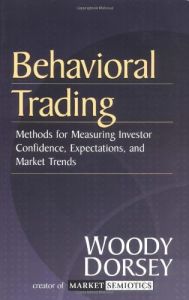
Behavioral Trading
Methods for Measuring Investor Confidence, Expectations, and Market Trends
Read or listen offline
Amazon KindleRecommendation
Long time market commentator Woody Dorsey, the theorist behind market semiotics, sees Wall Street as a continuum of the agora or the medieval street fair: a place where people congregate and trade, motivated by their own psychological drives. But if investors are still behaving based on the same visceral emotions that drove exchanges of goats in ancient bazaars, what does that forecast about how the market will act today? According to Dorsey, quite a lot. Interspersed with anecdotes that range from biography to paleontology to horse training, he offers principles and techniques that explain marketplace behavior in a way investors can understand and utilize. Begin with how he scans newspapers, a methodology worth remembering, and continue through his explanation of the Triunity Theory, a new system for understanding behavioral finance. Agree or disagree with his contrarian thinking, getAbstract.com believes his interesting diversions and innovative economic thinking will sweep you along. Dorsey brings many subjects together, but the two most interesting are, of course, why people behave as they do and how it affects the market and your money.
Summary
About the Author
Woody Dorsey began publishing his market commentary in 1985. He lives in Vermont.








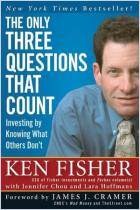
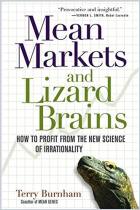
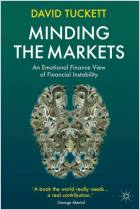
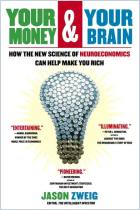
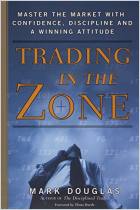
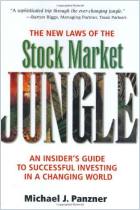








Comment on this summary or Start Discussion